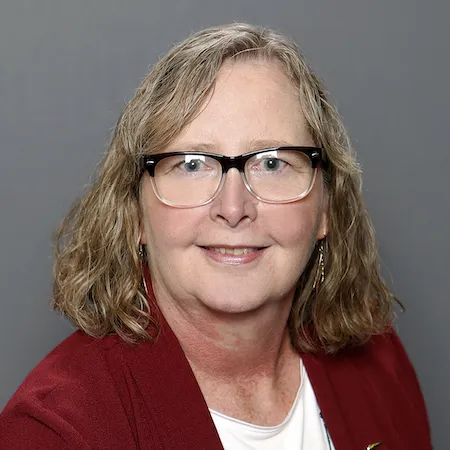In the first video of this four-part series, Dr. Deana Pennington introduces knowledge integration across disciplines by first reviewing some empirical data collected about interdisciplinary research teams and then explaining how to think of interdisciplinary teams as cognitive systems.
Watch the rest of the video series here: https://youtube.com/playlist?list=PLIGFwrZq94y-rj8CKOaVzBXGD5OTmeelc
-
About the Presenters
Image

Deana Pennington
Dr. Deana Pennington, Associate Professor in Geological Sciences at the University of Texas at El Paso, is a physical geographer with cross training in learning sciences. Her research focuses on how changes in climate and land structure impact surface processes such as water, wildfire, dust emissions, and biodiversity, especially focused on geospatial approaches to analyzing land change and socio-environmental systems. These studies have dictated that she also gain expertise in knowledge integration and synthesis in interdisciplinary teamwork, and emerging technologies for science, including...
Image
Deana Pennington
Dr. Deana Pennington, Associate Professor in Geological Sciences at the University of Texas at El Paso, is a physical geographer with cross training in learning sciences. Her research focuses on how changes in climate and land structure impact surface processes such as water, wildfire, dust emissions, and biodiversity, especially focused on geospatial approaches to analyzing land change and socio-environmental systems. These studies have dictated that she also gain expertise in knowledge integration and synthesis in interdisciplinary teamwork, and emerging technologies for science, including cyberinfrastructure and informatics approaches. Hence, most of her work is at the boundaries between socio-environmental science, interdisciplinary teamwork, and emerging technologies. The Immersion Program centers around a series of collaborative workshops led by Immersion Distinguished Scholars. These workshops are designed to immerse participants in theories and methods foundational to understanding current environmental challenges and their underlying socio-environmental systems.